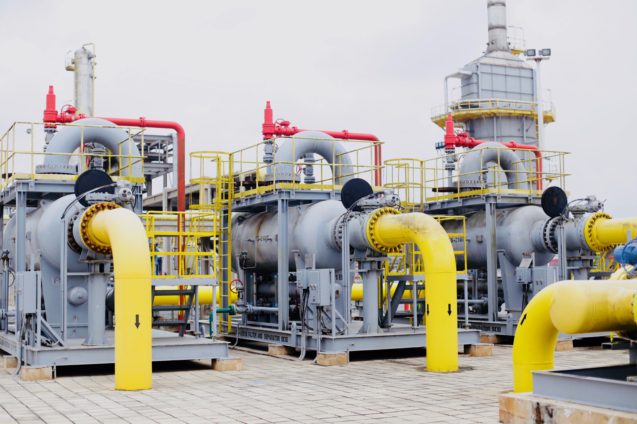Civil Society Organisations (CSOs) have called on the next government to enforce the Petroleum Revenue Management Act (Act 815) to leverage the country’s revenue to finance its energy transition.
The CSOs called on the government to leverage the country’s vast forests to obtain carbon credits from other nations or large emitting companies through carbon trading.
This is key for raising additional finance to invest in green technologies.
Denis M. Greyer, African Senior Programme Officer, Natural Resource Governance, said this at a dialogue on post-Manifesto Engagement with Political Parties in Accra.
The National Democratic Congress (NDC) manifesto on energy transition pledged to implement an energy transition strategy to augment thermal and hydropower production with nuclear and other renewable energy sources.
The New Patriotic Party’s (NPP) plan is to provide leadership and investments in the energy transition, local content, and cybersecurity preparedness of the energy sector.
The Movement for Change promised to review the energy sector strategy and transition plan to respond to current challenges in the sector.
Mr Gyeyir said the next government should commit to a more ambitious transition timeline and be more purposeful at attracting investment into the renewable energy sector.
The next government should develop a comprehensive, clear, and transparent fiscal regime towards incentivising investments in the green and critical mineral sectors.
This will discourage further investment in high-carbon emission sectors and encourage attention to low-carbon and green sectors.
On upstream and downstream petroleum and gas sectors, Mr Gyeyir called for stable and reliable crude oil supply to local refineries through the operationalisation of Article 15 of the petroleum agreement.
The CSOs called for increased capacity utilisation at Tema Oil Refinery (TOR) and other refineries and reduced importation of refined petroleum products.
The NDC policy on the sector is to review private investments to revitalise TOR and expand its operations.
The NPP plan is to expand the Gold for Oil programme to increase its penetration of the oil market to further reduce the forex pressure on the Bank of Ghana.
Dr Tony Aubin, who represented the NDC, said the party intended to address misuse and misapplication of the country’s resources to finance the manifesto on the sectors.
He reinforced the party’s commitment to partner with the private sector to complement holistic development in the sectors of the economy.
Solomon Owusu, representing the Movement for Change, pledged to make corruption an expensive enterprise for all and channelled such monies to other development activities.
The forum also touched on sectors including environment and climate change and anti-corruption.
Latest Stories
-
‘Start Right’ fair expands to empower Northern SHS students with broader career choices
10 minutes -
Defence Minister announces plans for improved housing for Ghana Armed Forces personnel
20 minutes -
Escape to Asia with aKorfa: Two Joy FM listeners head to final round
26 minutes -
Steel bender jailed for machete attack over girlfriend dispute
30 minutes -
If Iran and Israel do stop firing, Trump’s high-risk strikes may pay off
32 minutes -
Nationwide rollout of free HPV vaccine for girls begins in September – GHS
35 minutes -
China’s partnership with Africa represents fundamental shift from exploitation – ACUC
46 minutes -
Bonsu Baah to have Al Qadsiah medical in Madrid on Friday ahead of signing four-year deal
52 minutes -
I live by God, not perception or opinion – AratheJay
52 minutes -
How long would you live in Ghana? GHS Public Health Director breaks down 5 factors
54 minutes -
Ashanti Region: Police Intelligence Directorate dismantles criminal syndicate involved in vehicle thefts
55 minutes -
Middle East tensions unlikely to disrupt Ghana’s diplomatic ties – Nana Yaw Mireku
59 minutes -
Ghana courts Chinese investors with 24-hour economy incentive
1 hour -
Joy Sports’ Nathaniel Attoh unites classmates to fund legacy project for St. Augustine’s College
1 hour -
PIAC unhappy with execution of oil-funded projects in Yendi
1 hour

